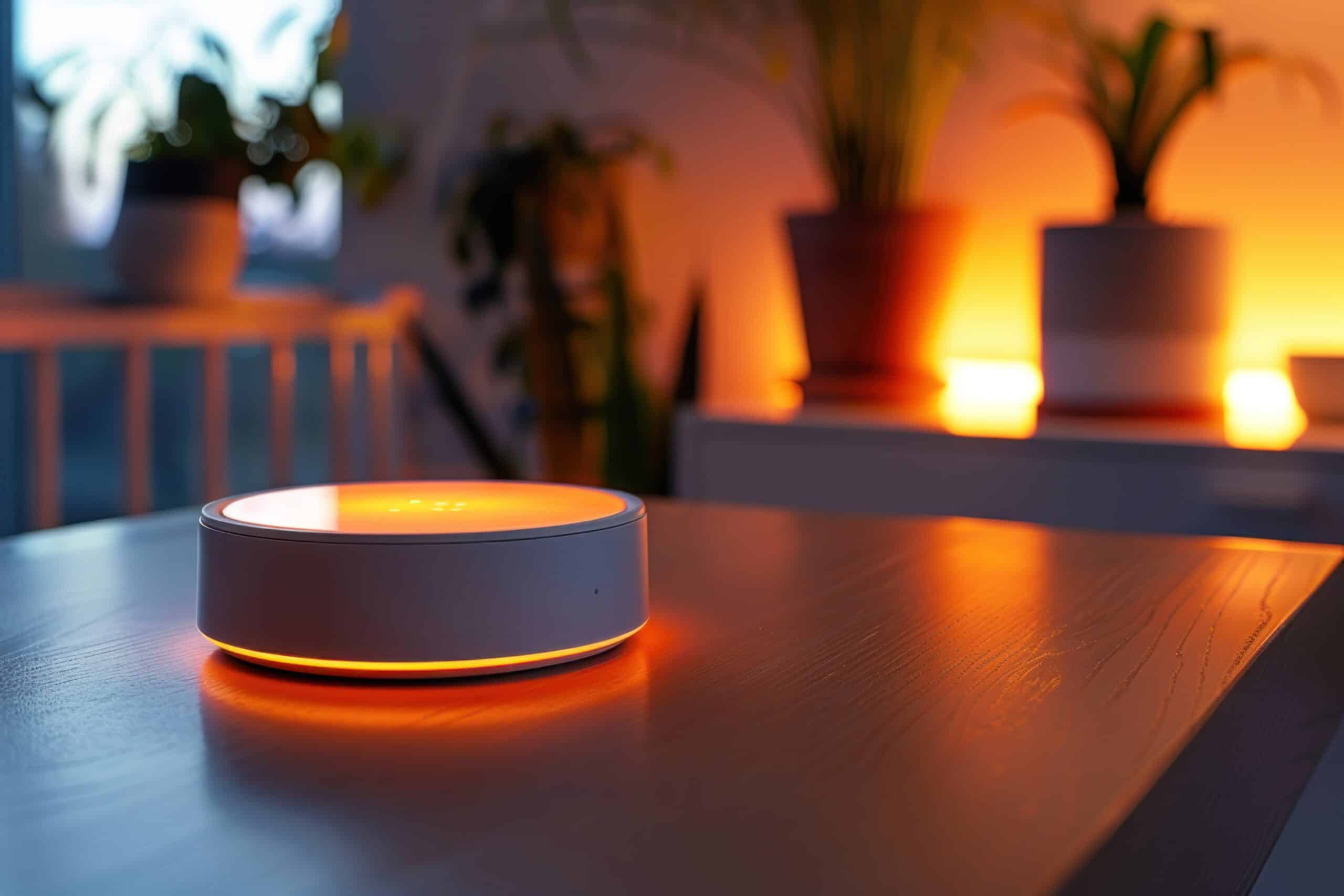Do I Need A Smart Home Hub With Alexa?
Key Takeaways
- Alexa can be used without a smart home hub, either through an Echo device or the Alexa app on a smartphone.
- A smart home hub offers inclusive automation, the ability to manage all devices from one app, and customizable options for a tailored smart home experience.
- Considerations for using a smart home hub include potential cybersecurity risks and the added expense of purchasing the hub and compatible devices.
If you’re considering bringing Alexa into your home, you may be wondering whether or not you need a smart home hub to fully enjoy the benefits of this popular voice assistant. The answer, as with many things in the world of smart home technology, is not a simple one. It depends on your specific needs and preferences. Let’s delve into the details and explore the pros and cons of using a smart home hub with Alexa.
Understanding Alexa
Before we dive into the hub debate, let’s take a moment to understand what Alexa is. Alexa is Amazon’s voice-controlled assistant that powers a range of devices, including the Echo smart speakers. It allows you to perform various tasks using voice commands, such as playing music, setting reminders, controlling smart devices, and much more.
Alexa Without a Hub
The good news is that you can use Alexa without a smart home hub. If you have an Echo device, you can access Alexa’s features directly through the device itself. Additionally, you can also use the Alexa app on your smartphone to interact with the assistant. This means you can control compatible smart devices, create routines, and enjoy many of Alexa’s functionalities without the need for an additional hub.
However, it’s important to note that the capabilities of Alexa without a hub may be limited. While you can control individual smart devices, managing multiple devices from different manufacturers can be challenging without a hub.
The Benefits of a Smart Home Hub
If you have a growing collection of smart devices in your home, a smart home hub can bring a range of benefits. Let’s explore some of the advantages:
Inclusive Automation
A smart home hub acts as a central command center for your smart devices. It can integrate different networks, allowing for a broader range of compatible devices and settings. This means you can create more inclusive automation routines that involve multiple devices working together seamlessly.
One App for Everything
One of the main advantages of a smart home hub is the ability to manage all your devices from a single app. Instead of juggling multiple apps to control various devices, a hub puts them all in one place, making it easier to manage and control your smart home ecosystem.
Customizable Options
Smart home hubs often offer a wide range of customizable options. You can create routines and link different devices to perform specific actions with just a voice command or a simple button press. This level of customization allows you to tailor your smart home experience to your specific needs and preferences.
Considerations and Drawbacks
While a smart home hub can enhance your Alexa experience, there are some considerations and drawbacks to keep in mind:
Cybersecurity Risks
When you connect your smart devices to a hub, there is a potential cybersecurity risk. Cybercriminals may exploit vulnerabilities in the hub or the connected devices, potentially compromising your personal information. It’s essential to take proper security measures and ensure that both your hub and devices are up to date with the latest firmware and security patches.
Added Expense
Setting up a smart home hub can be an added expense. Not only do you need to invest in the hub itself, but you may also need to purchase additional smart devices and services that are compatible with the hub. It’s important to consider your budget and the overall cost of building a smart home ecosystem with a hub.
The Verdict
So, do you need a smart home hub with Alexa? The answer ultimately depends on your specific needs and preferences. If you have a few smart devices from the same manufacturer, you can enjoy many of Alexa’s features without a hub. However, if you have multiple devices from different manufacturers or want to take advantage of advanced automation and customization options, a smart home hub can greatly enhance your Alexa experience.
Before making a decision, consider the convenience, customization options, and potential cybersecurity risks associated with using a smart home hub. Assess your current and future smart home needs and evaluate whether the benefits outweigh the added expense and potential risks.
Remember, technology is constantly evolving, and new advancements may change the landscape of smart home hubs in the future. Stay informed about the latest developments and make choices that align with your needs and priorities.
Related Websites:
- PCMag: What Is a Smart Home Hub and Do You Need One?
- The Verge: Smart Home Hubs: Apple, Google, Alexa, and More Explained
- CNET: The Pros and Cons of a Smart Home Hub
- Tom’s Guide: Amazon Echo Hub Review
- TechRadar: Amazon Echo Hub Review
- SuperHomePursuits: Do I Need a Smart Home Hub with Alexa?
- Tom’s Guide: Best Smart Home Hubs of 2021
FAQs:
Q: What is a smart home hub with Alexa?
A smart home hub with Alexa is a device that serves as the central control hub for your smart home devices, while also integrating the voice assistant Alexa. It allows you to control and manage your smart devices using voice commands and provides a range of additional functionalities.
Q: What are the benefits of having a smart home hub with Alexa?
Having a smart home hub with Alexa offers enhanced convenience through voice-controlled automation. It allows you to centralize the control and management of multiple smart devices, integrates with third-party services and applications, and improves home security and energy efficiency.
Q: How do I determine if I need a smart home hub with Alexa?
To determine if you need a smart home hub with Alexa, consider factors such as the compatibility of Alexa with your existing smart home devices, the size and complexity of your smart home setup, your personal preferences and lifestyle, and the budgetary implications of investing in a smart home hub.
Q: Are there alternatives to a smart home hub with Alexa?
Yes, there are alternatives to a smart home hub with Alexa. You can explore standalone smart speakers or smart devices with built-in voice assistants. However, it’s important to consider the limitations and trade-offs of using standalone devices and explore alternative setups based on your specific needs and preferences.
Q: What is the conclusion of this article?
The conclusion of this article is to encourage readers to evaluate their specific needs and research further. It reminds readers of the dynamic nature of smart home technology and the need for ongoing assessment and adaptation to make informed decisions about smart home hubs with Alexa.






